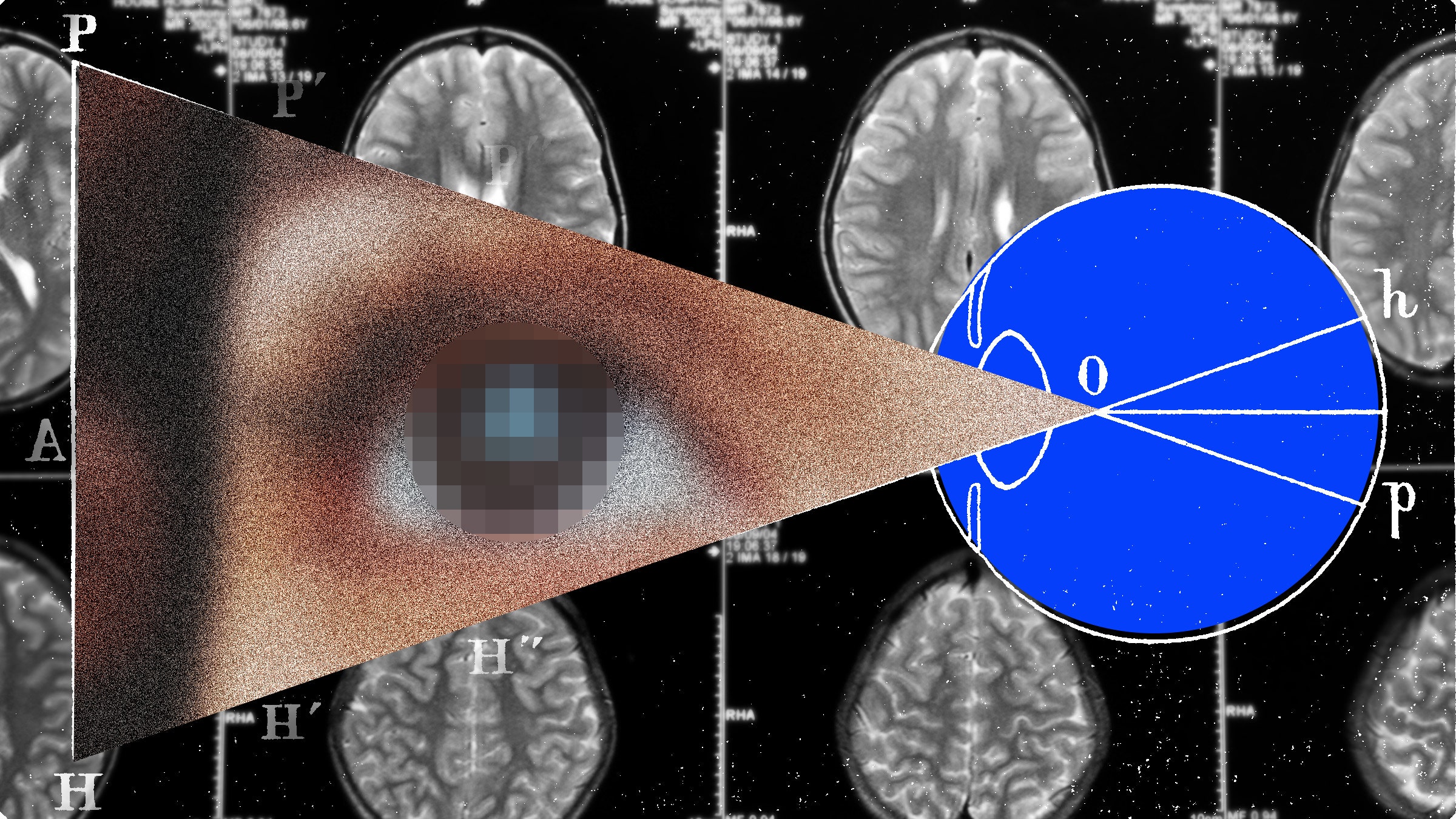Artificial Vision: The New Frontier
The Next Frontier for Brain Implants Is Artificial Vision
Advances in technology have paved the way for groundbreaking advancements in the field of brain implants. While brain implants have traditionally been used for medical purposes such as treating Parkinson’s disease or epilepsy, researchers are now exploring the possibilities of using brain implants to restore vision in individuals who are blind.
Artificial vision, also known as bionic vision, involves using brain implants to bypass damaged or non-functioning parts of the visual system and transmit visual information directly to the brain. This technology has the potential to provide a level of vision to blind individuals that was previously thought to be impossible.
Several companies and research institutions are currently working on developing brain implants for artificial vision. These implants typically consist of a camera that captures visual information, a processor that converts this information into electrical signals, and an array of electrodes that stimulate the brain’s visual cortex to create the perception of sight.
While the technology is still in its early stages, early clinical trials have shown promising results. Patients who have received brain implants for artificial vision have reported being able to detect shapes, objects, and even navigate their surroundings with the help of these devices.
As researchers continue to refine and improve this technology, the possibilities for brain implants in artificial vision are endless. The next frontier for brain implants is not just restoring lost functionality, but enhancing and expanding the capabilities of the human brain.




Post Comment